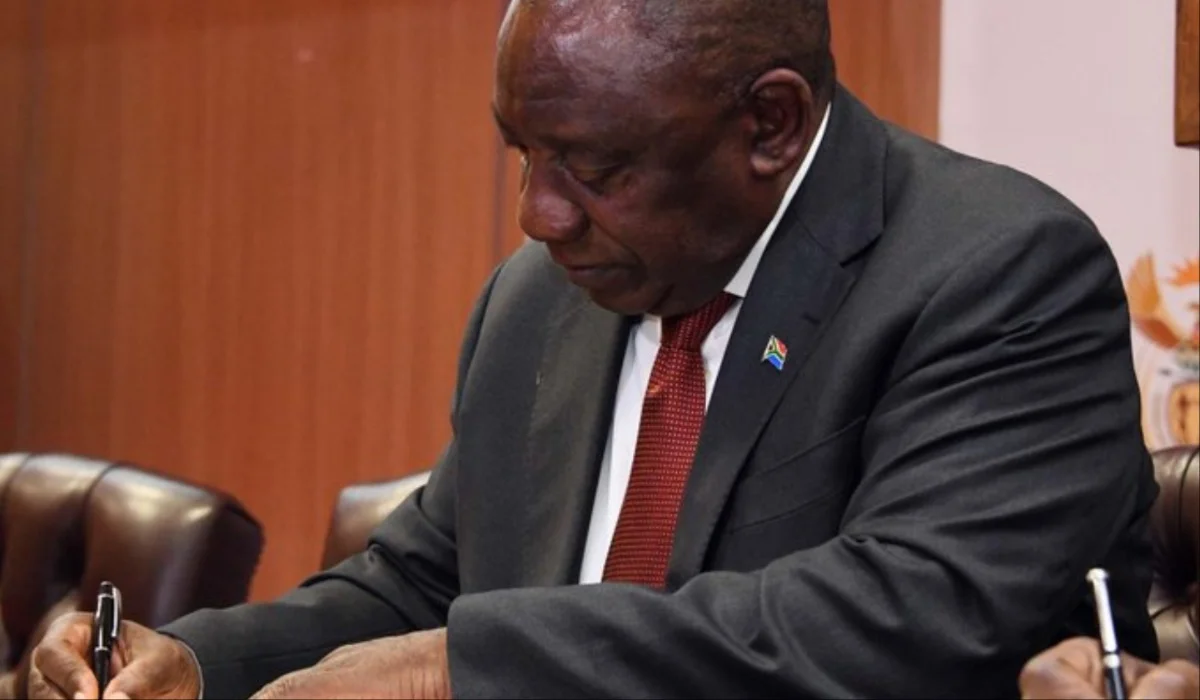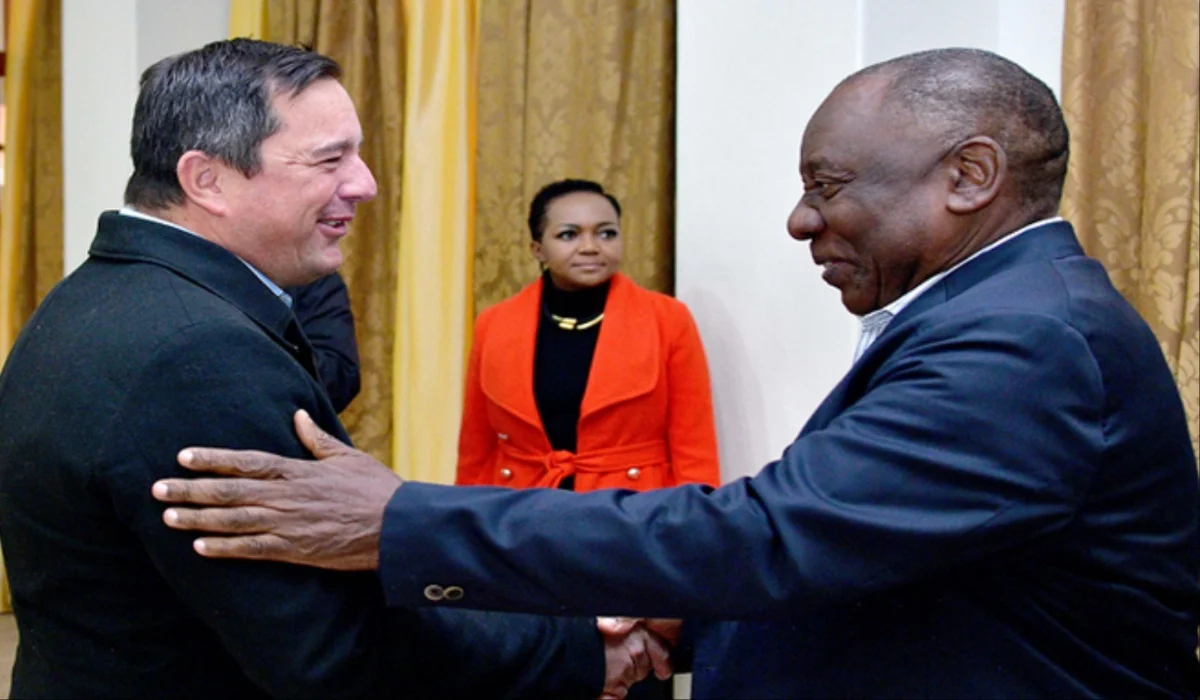The DA has vehemently opposed President Cyril Ramaphosa’s expected signing of the Basic Education Laws Amendment (BELA) Bill this Friday. The party asserts that the President’s move would violate the substance and spirit of the Statement of Intent that serves as the foundation of the Government of National Unity (GNU).
DA’s Stance on the BELA Bill
The DA has been vocal about its reservations regarding the BELA Bill, arguing that it strips power from school governing bodies by shifting key decision-making authority to the Department of Basic Education. According to DA leader and Minister of Agriculture John Steenhuisen, the bill, in its current form, undermines several constitutional rights—most notably, the right to mother-tongue education.
Steenhuisen emphasized that the DA had communicated its concerns during prior negotiations, especially regarding the potential constitutional conflicts the bill may pose. He urged the President to return the bill to Parliament for further amendments, ensuring it aligns with South Africa’s Constitution. Despite these appeals, Steenhuisen suggests the President is determined to move forward unilaterally, which could have serious consequences.
ALSO READ: Premier vs King: EFF Defends King Dalindyebo As Mabuyane Pursues Criminal Charges

“The President appears determined to proceed without addressing our concerns, which could lead to a breach of the foundational principles of the GNU,” Steenhuisen said.
He further announced his intention to meet with Ramaphosa before the end of the week, in a final attempt to reinforce the DA’s objections to the bill.
A Threat to the GNU’s Stability?
Steenhuisen warned that the President’s refusal to address these concerns jeopardizes the BELA Bill and the future of the Government of National Unity. “If Ramaphosa continues to disregard these objections, he risks dismantling the trust that forms the foundation of the GNU,” he stated.
The DA leader went on to argue for the establishment of a formal dispute resolution mechanism designed to ensure all political parties respect the joint Statement of Intent’s letter and intent. He believes this is crucial to ensuring that the ANC does not act unilaterally on key issues affecting citizens’ fundamental rights.
“The DA is treating this issue with the utmost seriousness. I will personally convey to the President the severe consequences this bill may have for the future of our political unity,” Steenhuisen added.
ALSO READ: KZN Man Took His Granny’s Life After She Served Him Warmed-Up Food
What is the BELA Bill?
The Basic Education Laws Amendment (BELA) Bill, which President Ramaphosa is expected to sign into law this Friday, introduces several significant changes to South Africa’s educational framework. The bill, passed by the National Assembly in May of this year, mandates the inclusion of Grade R (reception year) as a compulsory starting point for all students entering the school system.
Additionally, the bill calls for school governing bodies (SGBs) to submit their language policies to the Minister of Basic Education for approval. The language policies are required to reflect the broader linguistic needs of the communities in which schools are located. In another key aspect, the bill accommodates religious and cultural diversity, ensuring that school codes of conduct respect the cultural and religious beliefs of students, with provisions for exemptions in specific cases.
The bill also strengthens the oversight role of the Department of Basic Education over both language and admission policies formulated by school governing bodies. This move will give the state the authority to compel schools to offer more than one language of instruction where necessary.
